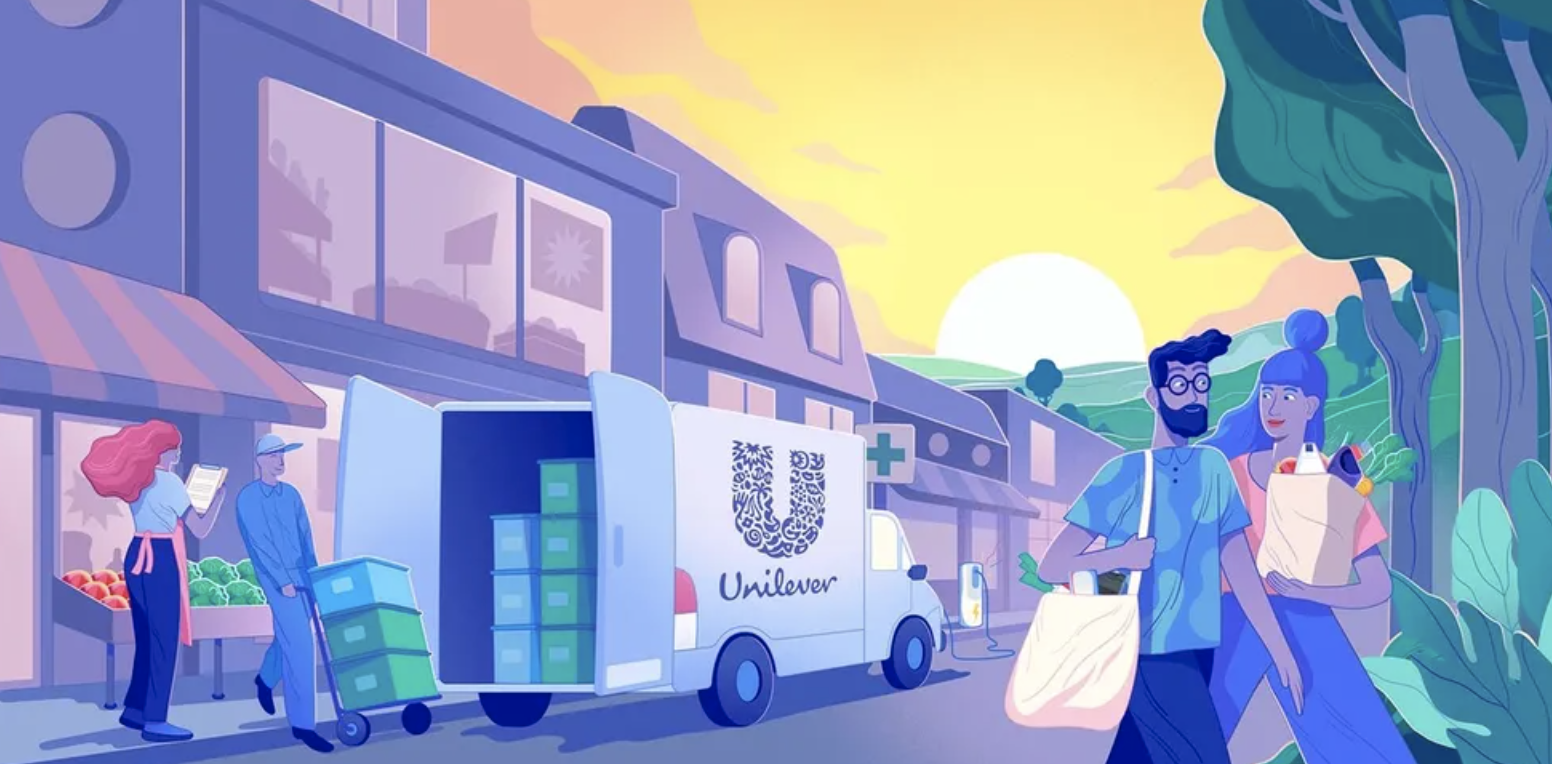Written by: Laura Hoy | Hargreaves Lansdown
First quarter sales adjusted for the impact of exchange rates rose 7.3% to €13.8bn, above expectations. This was driven by an 8.3% increase in prices, most notably in Home Care. Higher prices caused a 1% decline in volumes, though food solutions and out-of-home ice cream continued to improve as pandemic restrictions eased.
Inflation is expected to increase costs by €2.1bn in the first half and €2.7bn in the second half. Unilever plans to raise prices to combat this, which is seen hurting volumes.
First half revenue growth is now expected at the top end of guidance for 4.5%-6.5% and operating margins between 16-17%. In the second half, margins are forecast to be at the bottom of that range due to the impact of inflation.
The group spent €750m of the €3bn earmarked for share buybacks and announced a €0.4268 quarterly dividend.
Price hikes on everything from detergent to food’s is hitting consumers hard and Unilever is expecting things to get worse as the year progresses. The group’s already raised prices more than 8% to the detriment of volumes, but more hikes are on the agenda as inflation continues to bite. It seems we’re willing to pay more for the things we missed in lockdown, like going out for ice cream, but beyond that Unilever’s seen consumers pull back as their wallets are squeezed.
This is expected to put a damper on margins moving forward as the group tries to find a balance between covering rising input costs and keeping customers from abandoning branded products altogether. Consumers are becoming increasingly comfortable with private label brands, and generic replacements are going to start looking a lot more acceptable as the pressure on household budgets continues to build. That’s bad news for companies like Unilever, that rely on familiarity and consumer trust in order to charge a premium for their products.
For now it seems the trade-off between volume and price is working, but that won’t last forever. Plus, this opens the door for private labels and own-brands to pinch long-term consumers. If they’re happy with their swap, they may never return even if they can afford to.

